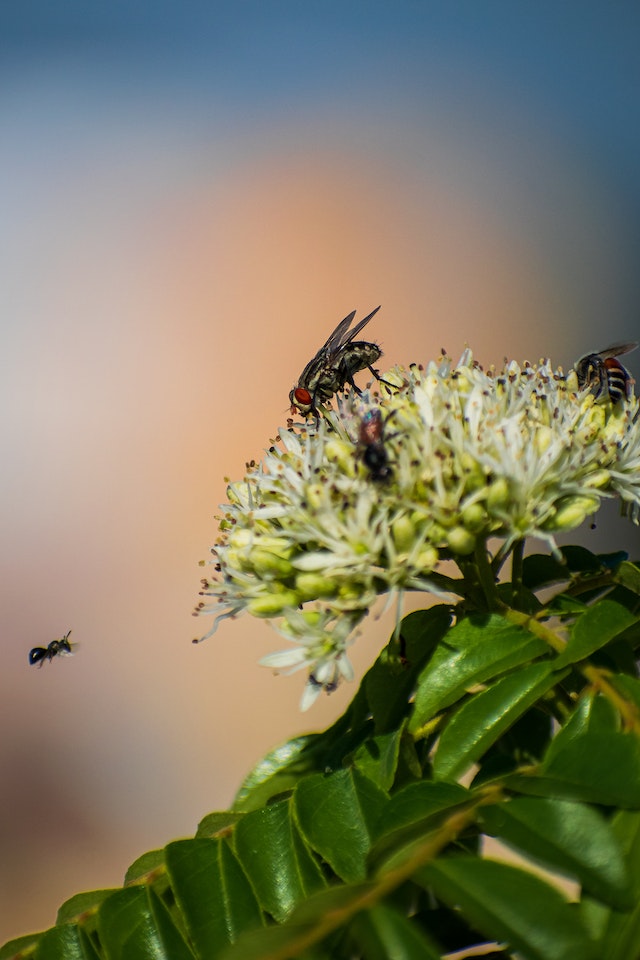"What's the plural of fly?"
The plural of fly is flies.
Definition of fly:
An insect of the order Diptera, characterized by the use of only one pair of wings for flight and the presence of a pair of halteres, which are modified wings used for balance.
Which is the Correct Plural: Flies or Flys?
The plural of fly is flies. To form the plural of a word, we usually add -s to the end of the word. There are a few exceptions to this rule, but for the most part, it works for most English words.
The word fly follows the same rule as other English nouns ending in -y such as baby and cherry which become babies and cherries respectively.
The word fly has its origins in Old English, where it was spelled "flēoge". In Old English, the plural of "flēoge" was "flēogas". The modern spelling and plural form of the word developed over time through various stages of the English language.
The word "fly" is a relatively old English word, and like many words in the English language, its plural form has changed over time. In Old English, the word "fly" was "fleoge," and the plural form was "fleogon."
This changed in Middle English, when the plural became "flie." The modern English plural, "flies," developed in the 15th century.
Plural of Fly Example Sentences
Here are some example sentences that illustrate the difference between the singular noun "fly" and the plural noun "flies":
-
"There's a fly in my soup! Can you please remove it?" In this sentence, "fly" is a singular noun referring to a single insect.
-
"I always have to chase flies away from my picnic when I'm eating outside." In this sentence, "flies" is a plural noun referring to multiple insects.
-
"I'm going to tie a fly to the end of my fishing line and see if I can catch anything." In this sentence, "fly" is a singular noun referring to a type of artificial bait used in fly fishing.
-
"There are so many flies buzzing around this trash can. It's starting to get annoying." In this sentence, "flies" is a plural noun referring to multiple insects.

